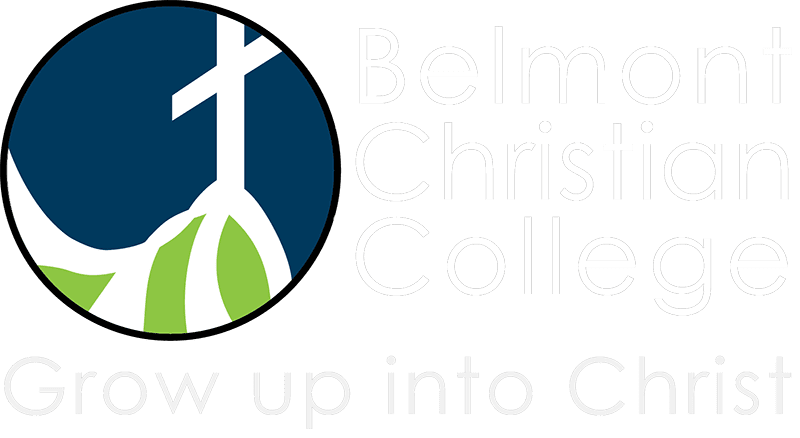HSC | Biology
< Back to HSC at Belmont Christian College
Course Description
The Biology course explores the diversity of life from the molecule size to biological systems, the interactions between living things and the environments which they live. It explores the application of Biology and its significance in finding solutions to health and sustainability issues in a changing world. Biology promotes an appreciation for diversity of life on Earth and its habitats.
The Biology course builds on the knowledge and skills of the study of living things found in the Science stage 5 course. It maintains a practical emphasis, engaging with technology and compliments other STEM (Science, Technology, Engineering and Mathematics) courses.
NOTE: Students wishing to study multiple Science subjects in Stage 6 may choose up to 6 units in the Preliminary course, and 7 units in the HSC Course. We offer Science Extension (1 unit) in Year 12 for those students continuing with at least one HSC Science subject and wish to pursue the additional unit. Students can also switch from any Science to another at the end of the Preliminary course e.g. Switch from 11 Physics into 12 Investigating Science. You might like to consider the long-term options when choosing a Science subject for Year 11.
Topics studied in Year 11
- Module 1: Cells as the Basis of LIfe
- Module 2: Organisation of LIving Things
- Module 3: Biological Diversity
- Module 4: Ecosystem Dynamics
- Depth study (15 hours in Modules 1-4)
Topics studied in Year 12
- Module 5: Heredity
- Module 6: Genetic Change
- Module 7: Infections Disease
- Module 8: Non-Infectious Diseases and Disorders
- Depth study: (15 hours in Modules 5-8)
What do you do in this course?
Students undertake a range of activities including practical experiments and data collecting, problem solving and data analysis, suggesting solutions to health, sustainability and ethical issues.
Practical investigations include: undertaking practical experiments, including the use of digital technologies and fieldwork, working collaboratively
Secondary source investigations include: locating and accessing a wide range of secondary data.
How can this course help you in the future?
An understanding of Biology can lead to a range of career opportunities that can include health and medicine, veterinary science, pharmacy, paramedicine, dentistry and much more.
Biology develops many transferable skills such as critical thinking, scientific investigative skills and problem-solving to focus on innovative solutions to big problems in the living world.
